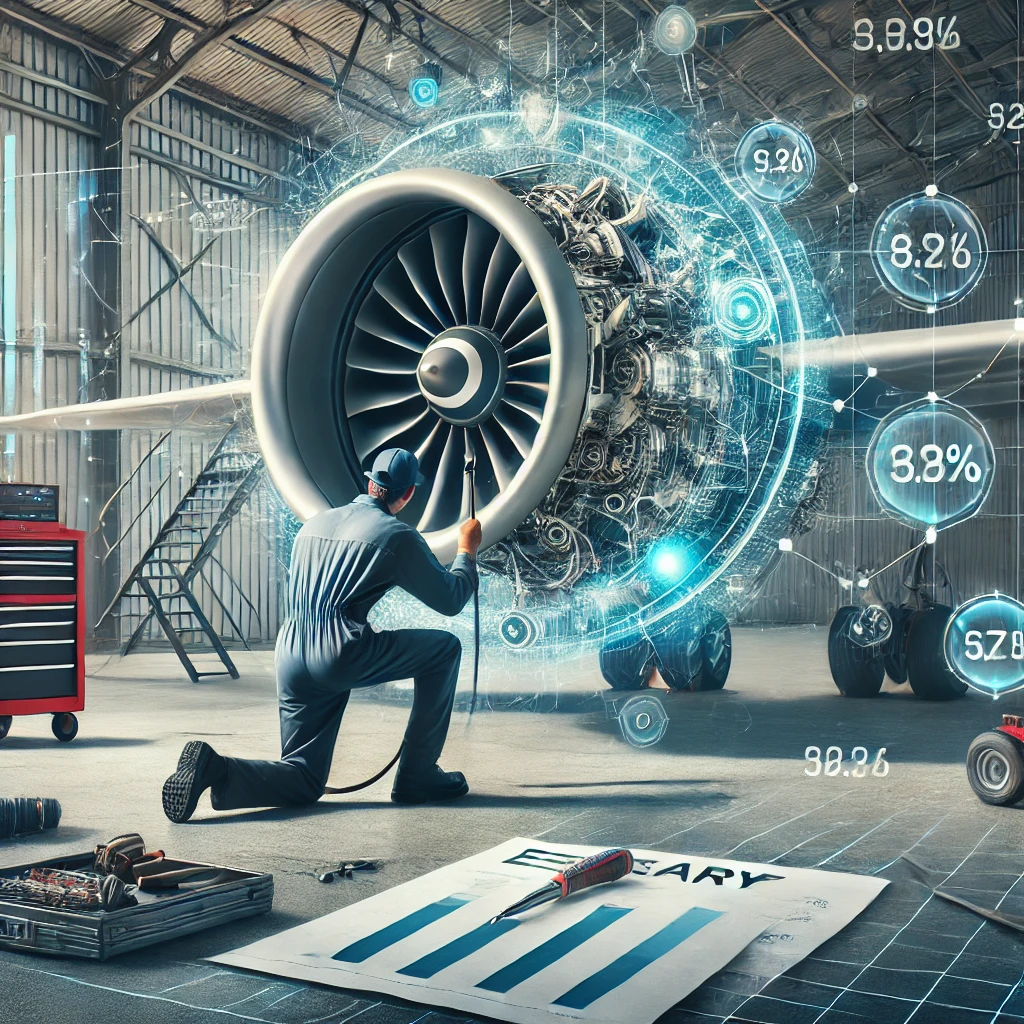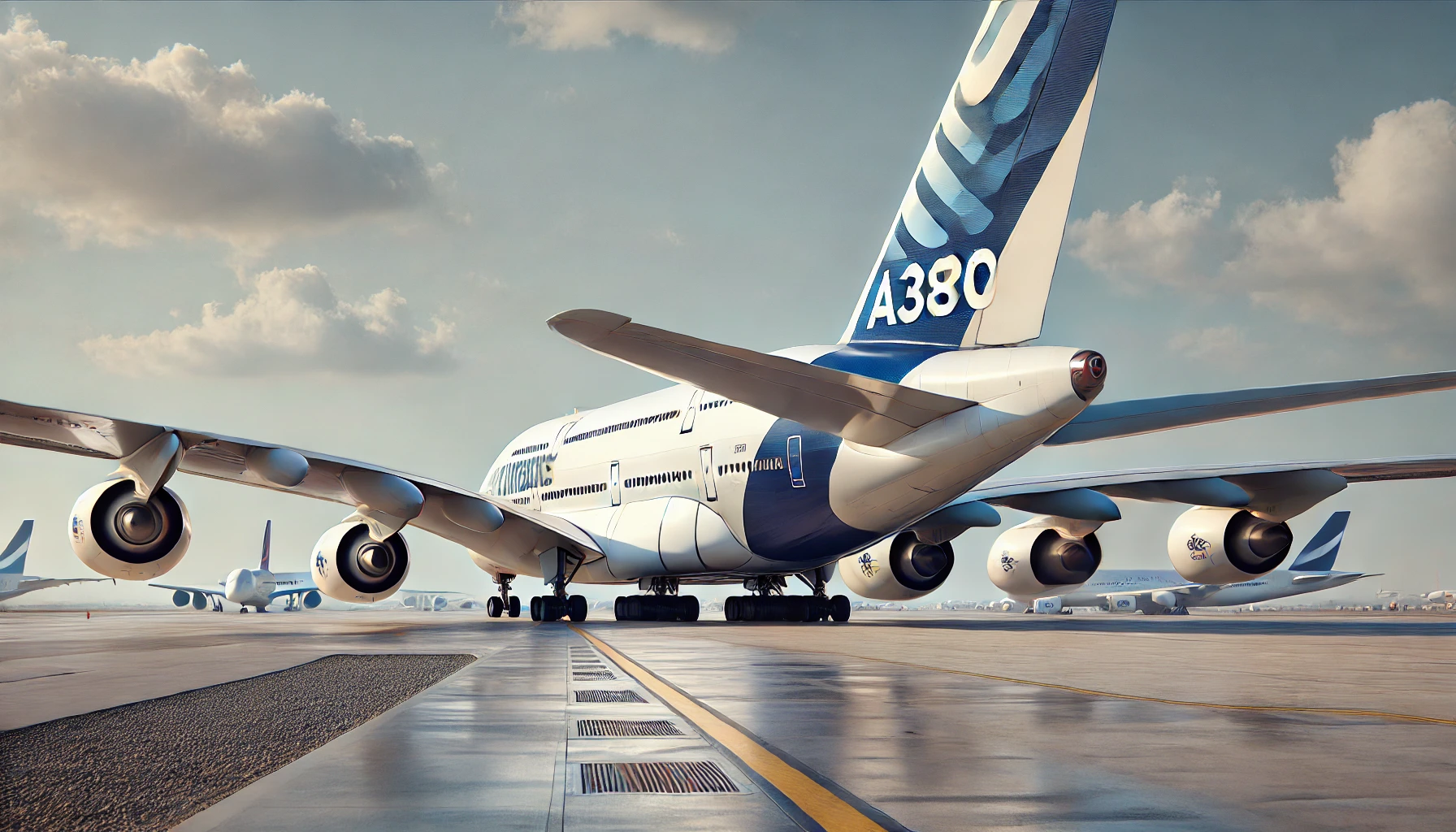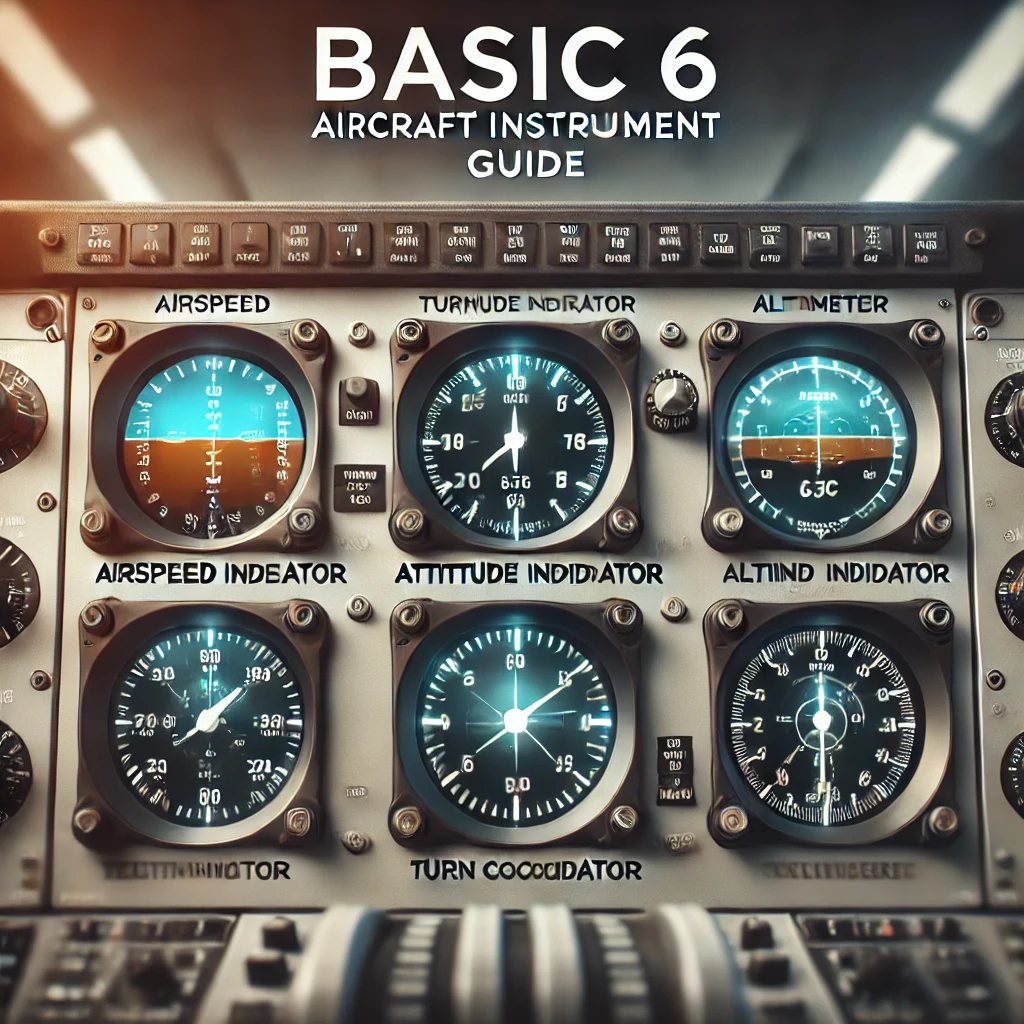Have you ever gazed up at a soaring airplane and wondered what it takes to keep those massive machines flying safely through the clouds? Behind every successful flight is a skilled aircraft mechanic, an unsung hero who ensures that everything from engines to landing gear operates flawlessly.
But just how much can these aviation wizards expect to earn in return for their expertise? In our latest blog post, “Aircraft Mechanic Salary: How Experience and Certification Impact Your Pay,” we delve into the factors that influence compensation in this rewarding field.
From hands-on experience and specialized certifications to industry demand and location, discover how your journey as an aircraft mechanic can soar or stall when it comes to salary potential. Buckle up as we explore the financial skies of this vital profession!
Introduction to Aircraft Mechanics and Their Role in Aviation Industry
Are you fascinated by the world of aviation? Do you dream of working on aircraft, ensuring they’re safe and ready for flight? If so, a career as an aircraft mechanic might be your calling.
These skilled professionals play a critical role in keeping airplanes soaring high. They inspect, repair, and maintain various types of aircraft to ensure safety and compliance with regulations.
But how much can you expect to earn as an aircraft mechanic?
The answer isn’t straightforward; it varies widely based on multiple factors. Whether you’re just starting out or looking to enhance your skills, understanding what influences your salary is essential. Join us as we explore the ins and outs of aircraft mechanic salaries an intriguing journey that could shape your future in aviation!
Understanding the Factors Affecting an Aircraft Mechanic’s Salary
Several factors come into play when determining an aircraft mechanic’s salary. Experience level is paramount; as mechanics accumulate years in the field, their expertise translates to higher pay.
Certification and training also significantly impact earnings. Specialized certifications such as FAA Airframe and Powerplant (A&P) can elevate a mechanic’s marketability and income potential.
Location is another crucial element. Salaries often vary based on regional demand for aviation professionals. Urban areas typically offer better compensation due to higher living costs and more job opportunities.
The type of employer matters too. Mechanics working for commercial airlines may earn more than those employed by smaller repair shops or private operators, reflecting the nature of work involved and available resources. Each factor intertwines to create a unique salary landscape within the aviation industry.
Experience Level
Experience plays a crucial role in determining an aircraft mechanic’s salary. As with many professions, the more years you spend honing your skills, the higher your earning potential becomes.
Entry-level positions typically offer lower pay. These mechanics are often fresh out of school or apprenticeships, gaining hands-on experience under seasoned professionals. Over time, as they tackle complex repairs and gain confidence, their value increases significantly.
Mid-level mechanics usually see a marked bump in their salaries. They bring specialized knowledge and proven problem-solving abilities to the table. Employers recognize this expertise and often reward it accordingly.
With extensive experience—often exceeding ten years—senior mechanics command top dollar within the industry. Their ability to oversee projects and mentor younger technicians is highly sought after, making them indispensable assets to any aviation operation.
Certification and Training
Certification and training play a crucial role in determining an aircraft mechanic’s salary. These qualifications not only enhance skills but also boost employability in a competitive market.
Mechanics often pursue certifications from recognized institutions like the Federal Aviation Administration (FAA) or industry-specific organizations. Earning these credentials signals to employers that you possess the necessary expertise for maintaining and repairing aircraft.
Training programs, which may vary in length and focus, equip technicians with hands-on experience. This practical knowledge is invaluable when dealing with complex systems.
Advanced certifications, such as those for avionics technicians, can lead to higher pay grades. Employers typically value specialized training because it reflects commitment and proficiency in specific areas of aviation maintenance.
Investing time into continuous education keeps mechanics updated on emerging technologies and regulations. Staying ahead of industry trends can significantly impact career advancement and salary potential.
Location of Work
The location where an aircraft mechanic works plays a significant role in determining their salary. Urban areas typically offer higher wages due to the cost of living and demand for skilled professionals.
For instance, mechanics based in major metropolitan regions often earn more than those in rural settings. This is especially true if they work near large airports or aviation hubs.
Moreover, different countries have varying pay scales influenced by local economies. Aircraft mechanics working overseas may find lucrative opportunities that exceed domestic salaries, particularly in regions with booming aviation industries.
Airlines and private companies also tend to pay differently depending on their geographic presence. Those employed by international firms or government contracts might see better compensation packages compared to smaller operators.
Ultimately, understanding the geographical factors can be crucial when considering career moves within this field.
Type of Employer
The type of employer significantly influences an aircraft mechanic’s salary. Those working for large airlines often enjoy higher pay compared to those in smaller operations. Major carriers tend to have more resources and greater budgets, allowing them to offer competitive wages.
Government contracts can also lead to attractive salaries. Mechanics employed by the military or aerospace manufacturers might find their compensation packages quite appealing due to specific funding sources and benefits.
Conversely, independent repair shops may provide less stability and lower salaries. However, they can offer unique experiences that large employers cannot match.
Corporate aviation is another niche with its own pay scale. While it may not reach airline levels, corporate mechanics often benefit from regular hours and varied work environments.
Choosing the right employer matters deeply in this field, as each option presents distinct financial advantages and career growth opportunities.
Average Salary of an Aircraft Mechanic in Different Countries
Salary expectations for aircraft mechanics can vary significantly across the globe. In the United States, an average aircraft mechanic salary hovers around $65,000 annually. This figure reflects the high demand and specialized skills required.
Moving to Canada, aviation maintenance technicians see a slightly lower average at approximately $55,000 per year. However, benefits often compensate for this difference.
In Europe, salaries differ by country. For instance, in Germany, avionics technicians can earn between €40,000 to €50,000 annually due to robust regulations and standards.
Meanwhile, in Australia and New Zealand, salaries are competitive as well. Aircraft mechanics there typically earn between AUD 70,000 to AUD 80,000 yearly.
Countries with emerging aviation sectors may offer lower pay but present excellent opportunities for growth and experience.
Tips to Increase Your Aircraft Mechanic Salary
To boost your aircraft mechanic salary, focus on gaining more hands-on experience. Every hour you spend working enhances your skill set and makes you more valuable to employers. Seek opportunities in diverse environments, from commercial airlines to private jet services.
Obtaining higher certifications can also significantly elevate your pay grade. Consider advanced courses or specialties like avionics or powerplant training. These credentials not only demonstrate expertise but often come with higher compensation packages.
Don’t underestimate the power of negotiation. When discussing job offers or raises, arm yourself with market research on average salaries for aviation mechanics in your area. Presenting solid data can strengthen your case and lead to better financial outcomes.
Lastly, staying updated on industry trends and technological advancements will position you as an expert in the field, making you indispensable and potentially increasing your earnings over time.
Gaining More Experience
Experience is a key driver of salary growth for aircraft mechanics. Each year in the field enhances your skills and knowledge, making you more valuable to employers.
Consider seeking internships or apprenticeships early on. These opportunities not only provide hands-on training but also build essential relationships within the aviation industry.
As you work, take every chance to learn from seasoned professionals. Their insights can be invaluable and often lead to mentorships that further your career.
Participating in specialized projects or cross-training with other departments can diversify your skill set. This versatility can make you stand out when it comes time for promotions or raises.
Staying updated with evolving technologies is crucial as well. The aviation sector continuously innovates, so adapting quickly will keep you at the forefront of the industry.
Obtaining Higher Certifications
Obtaining higher certifications can significantly boost your earning potential as an aircraft mechanic. These credentials demonstrate a greater level of expertise and commitment to the field.
For instance, becoming certified as an Airframe and Powerplant (A&P) technician opens doors to more job opportunities. Employers often seek individuals who possess these qualifications due to the added assurance of skill and knowledge.
Specializing further in areas like avionics can also enhance your career trajectory. Avionics technicians play a crucial role in maintaining sophisticated electronic systems on planes, making them highly valuable in today’s aviation landscape.
Investing time and resources into obtaining advanced certifications not only elevates your status but also keeps you competitive within the industry. Many employers are willing to offer higher salaries for those with specialized training, making it a wise move for any aspiring aviation maintenance professional.
Negotiating with Employers
Negotiating your salary as an aircraft mechanic can feel daunting, but it’s a vital skill to master. Start by researching average salaries in your area for similar roles. This data will empower you during discussions.
Approach the conversation with confidence. Highlight your unique skills and experiences that set you apart from other candidates or employees. If you’ve obtained additional certifications or specialized training, make sure to mention them.
Timing is crucial; initiate negotiations when you’re being offered a position or during performance reviews. Be clear about what you need and remain flexible, considering benefits like health insurance or educational support if they can’t meet your salary expectations.
Listen actively to their perspective and be prepared to provide reasons for your request. A respectful dialogue builds goodwill, which could lead to future opportunities beyond just financial gains in aviation maintenance positions.
Common Myths About Aircraft Mechanic Salaries Debunked
Many people believe that all aircraft mechanics earn a low salary. This couldn’t be further from the truth. With experience and certification, many aviation maintenance technicians can command impressive wages.
Another misconception is that employers only value certifications over actual experience. While formal training is essential, hands-on experience often weighs heavily in salary negotiations. Employers look for well-rounded candidates who bring both skills to the table.
Some also assume that aircraft mechanics work solely on commercial planes. In reality, they may work on various aircraft types, including military jets and private planes. Salaries can vary significantly based on this aspect alone.
Lastly, there’s a myth suggesting job stability is limited in this field due to automation and technology advancements. On the contrary, skilled professionals are increasingly needed as air travel grows worldwide, proving that demand remains strong for qualified individuals in aviation maintenance.
Comparison of Average Salaries for Different Types of Aircraft Mechanics (Avionics, Airframe, Powerplant)
When it comes to aircraft mechanics, specialization can significantly impact salary levels. Avionics technicians, who focus on electronic systems in aircraft, often see competitive pay due to the complexity of their work. Their average annual salary typically ranges from $60,000 to $80,000.
Airframe mechanics deal with the structural components of airplanes. Their skills are critical for ensuring safety and integrity during flight. They generally earn between $55,000 and $75,000 annually.
Powerplant mechanics specialize in engines and propulsion systems. Given the demanding nature of this role, they command salaries that usually fall between $65,000 and $85,000 per year.
Each specialty brings its own set of challenges and rewards. Salary variations reflect not only technical expertise but also market demand within specific areas of aviation maintenance.
Future Growth and Job Outlook for Aircraft Mechanics
The future for aircraft mechanics looks promising. With the aviation industry steadily recovering and expanding, the demand for skilled technicians will continue to rise.
Technological advancements are also shaping this field. The integration of more sophisticated avionics systems means that mechanics must stay updated on new technologies. This need creates ongoing opportunities for learning and specialization.
Additionally, as older generations retire, there will be a significant gap in experienced aircraft maintenance technicians. This opens doors for younger professionals entering the workforce.
Increased air travel worldwide fuels further growth in this sector. Airlines are investing heavily in fleet upgrades and expansions, driving up the need for qualified personnel who can ensure safety and efficiency.
As regulations become stricter regarding maintenance standards, businesses will prioritize hiring certified mechanics, enhancing job security across various roles within aviation maintenance.
Conclusion: The Importance of Experience
Experience plays a crucial role in determining an aircraft mechanic’s salary. As professionals gain hands-on skills and knowledge over the years, they become more valuable to employers. This expertise not only boosts earning potential but also opens doors to advanced positions within the aviation industry.
The journey of an aircraft mechanic is one of continuous learning. Each year adds layers of experience that enhance problem-solving abilities and technical proficiency. Those with extensive backgrounds often find themselves in leadership roles or specialized fields like avionics or powerplant maintenance, which can significantly increase their pay.
Investing time in gaining diverse experiences—whether through varied job roles, internships, or additional training—can lead to greater financial rewards. Employers recognize seasoned technicians as assets who contribute effectively to safety and efficiency standards.
As the aviation sector grows and evolves, experienced mechanics will remain at the forefront, ensuring that aircraft operate smoothly and safely. Their contributions are invaluable not just for personal advancement but for the entire industry’s integrity and progress as well.




